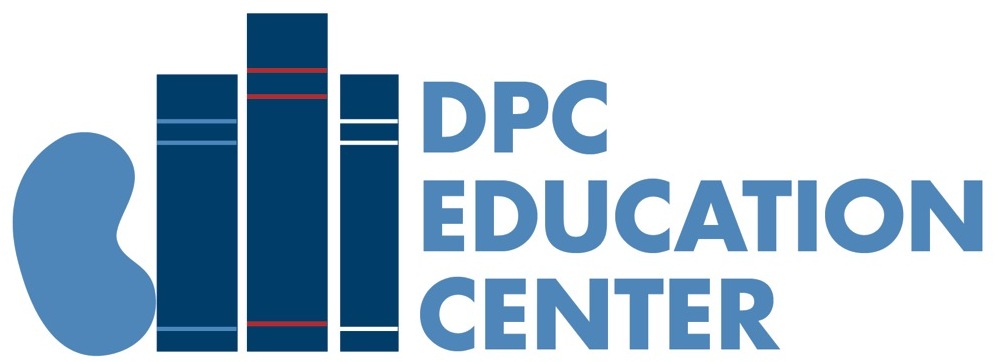A few simple tests can alert you and your doctor to early kidney disease for additional testing or diagnose you with the disease.
Even if you only have one of the risk factors, it is a good idea to get a screening at one of the free testing sites or at your doctor's office. There will be minor differences from place to place, but the basic tests used are blood, urine, imaging or biopsy. At a screening your healthcare provider will use a quick assessment to determine what tests makes the most sense.
Blood tests - These will range from a few drops of blood from your finger for a glucose (blood sugar) test to a couple of small vials generally taken from your arm. The tests will look at your risk factors such as cholesterol and lipid levels, iron for anemia, thyroid function and bone/muscle function. A more direct test is to measure your creatinine levels to get an idea of how well your kidneys are working. Creatinine levels combined with age, gender and race combine to give an estimated glomerular filtration rate (eGRF). This number is used to determine the extent of damage to your kidneys.
Blood pressure tests - Either a machine or traditional cuff will be attached for an automatic or manual reading. High blood pressure is one of the leading causes of kidney failure and an abnormally high result will alert your doctor to do more tests.
Imaging studies - Most commonly an ultrasound that will only be used if your doctor suspects kidney disease/trauma. The ultrasound will enable your doctor to view the soft tissue to get an idea of the size and function of your kidneys.
Urine test - This is a simple test that can be done quickly to determine if there are abnormalities such as excess protein in your urine.



